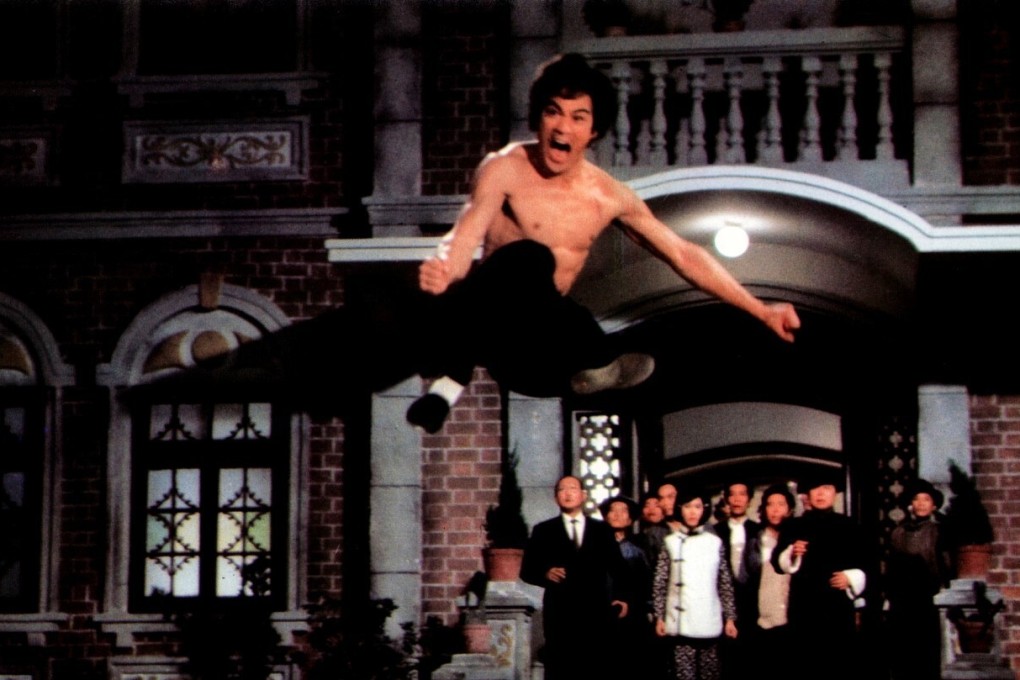Advertisement
Review | Be Water film review: Bruce Lee’s life revisited in ESPN documentary that lacks balance and feedback from Hong Kong
- Be Water focuses on Lee’s Chinese-American experience, the racism he faced in Hollywood, and why he became an icon, but glosses over parts of his story
- A lack of interviews with notable Hong Kong directors or actors who worked with Lee, such as Jackie Chan or Sammo Hung, lets it down
Reading Time:3 minutes
Why you can trust SCMP

3/5 stars
Advertisement
This documentary about the life of Bruce Lee, by Vietnamese-American director Bao Nguyen, focuses mainly on how Lee’s time in America affected his outlook. That is certainly a valid take, but Hongkongers may find it strange that only three members of the Hong Kong film industry, including film critic Sam Ho and the late producer Raymond Chow, are among its long list of interviewees.
First premiered at the Sundance Film Festival in January, before it was broadcast on Sunday as part of ESPN’s 30 for 30 series, Be Water covers all of the usual points, and Lee fans will not learn much that they do not already know about the star. The narrative pretty much follows Matthew Polly’s excellent – and more objective – biography Bruce Lee: A Life, and the author even gets a big “thank you” at the end.
The documentary starts with the success of Lee’s first two martial arts films, The Big Boss and Fist of Fury in Hong Kong. It then cuts to Lee’s birth in the US, and his early life in Hong Kong, before a lengthy section about his return to the US to study and found a kung fu school in Seattle. Nguyen then swiftly takes viewers through Lee’s TV career in the US, before returning to Hong Kong to show how he rose to fame in the city.
Be Water’s focus is on the way the Chinese-American experience affected Lee’s values, how he was subjected to racism and racist stereotyping in Hollywood, and why Lee became a role model and icon for Asians in America.
Advertisement
A commentary by notable cultural critic Jeff Yang sets Lee’s time in the US against the backdrop of the history of Chinese immigration into the US, and the film makes much of his outsider status as a Hong Kong actor working in Hollywood.

Advertisement